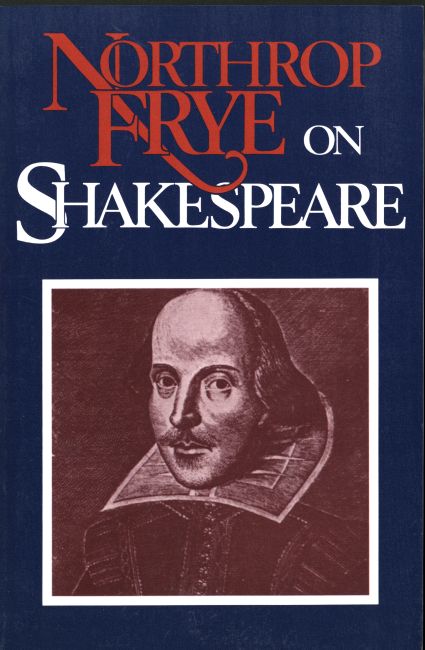Fencingbearatprayer (a professor of medieval history in Chicago who professes to “love Frye”) has put up a favorite Frye quote in her blog here.
Daily Archives: June 8, 2010
Richard le Scrope & Thomas Mowbray
On this date in 1405, Richard le Scrope, Archbishop of York, and Thomas Mowbray, Earl of Norfolk, were executed for treason by order of Henry IV.
Shakespeare renders the arrest of le Scrope, or Scroop, and Mowbray at the end of act IV, scene ii of 2 Henry IV:
Lord Hastings. My lord, our army is dispers’d already.
Like youthful steers unyok’d, they take their courses
East, west, north, south; or like a school broke up,
Each hurries toward his home and sporting-place.
Earl of Westmoreland. Good tidings, my Lord Hastings; for the which
I do arrest thee, traitor, of high treason;
And you, Lord Archbishop, and you, Lord Mowbray,
Of capital treason I attach you both.
Lord Mowbray. Is this proceeding just and honourable?
Earl of Westmoreland. Is your assembly so?
Archbishop Scroop. Will you thus break your faith?
Prince John. I pawn’d thee none:
I promis’d you redress of these same grievances
Whereof you did complain; which, by mine honour,
I will perform with a most Christian care.
But for you, rebels—look to taste the due
Meet for rebellion and such acts as yours.
Most shallowly did you these arms commence,
Fondly brought here, and foolishly sent hence.
Strike up our drums, pursue the scatt’red stray.
God, and not we, hath safely fought to-day.
Some guard these traitors to the block of death,
Treason’s true bed and yielder-up of breath.
That’s about as nausea-inducing an instance of victor’s justice as can be found. Frye in On Shakespeare:
In this play Henry IV is near his death: he is perpetually exhausted and he can’t sleep. His great strength has always been in his ability to take short views, to do what has to be done at the time and not worry about the remoter perspectives. But in this play a long and desolate speech breaks out of him about how any youth, if he could see the entire pattern of time stretching out in front of him, would simply lie down and die and refuse to go through with it. The nemesis of usurpation is working itself out: a good deal of the discussion between the king’s party and the rebels consists of rehashing feuds and grudges that go back to the beginning of Richard II, or even earlier. The implication is partly that rebellion is, among other things, caused by a sterile brooding on history with the object, not of building up a future, but of reshaping the past. (80)
